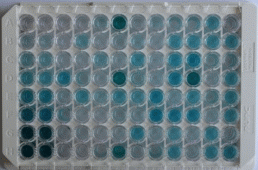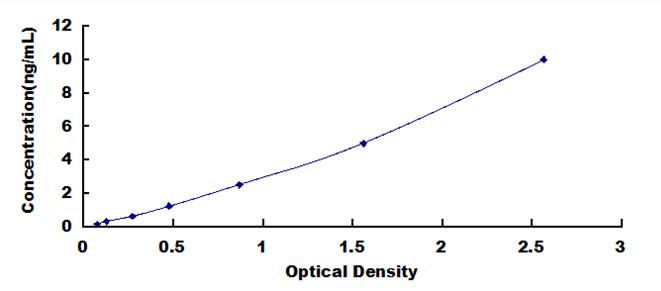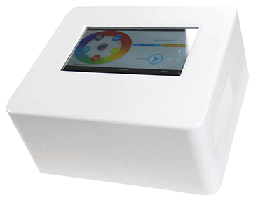Packages (Simulation)

Reagent Preparation

Image (I)
Image (II)
Certificate


ELISA Kit for Fatty Acid Binding Protein 4 (FABP4)
A-FABP; AFABP; AP2; Fatty Acid Binding Protein 4, Adipocyte; Adipocyte Protein 2; Adipocyte-type fatty acid-binding protein
- Product No.SEB693Hu
- Organism SpeciesHomo sapiens (Human) Same name, Different species.
- Sample Typeserum, plasma, tissue homogenates and other biological fluids
- Test MethodDouble-antibody Sandwich
- Assay Length3h
- Detection Range0.156-10ng/mL
- SensitivityThe minimum detectable dose of this kit is typically less than 0.059ng/mL.
- DownloadInstruction Manual
- UOM 48T96T 96T*5 96T*10 96T*100
- FOB
US$ 384
US$ 548
US$ 2466
US$ 4658
US$ 38360
For more details, please contact local distributors!
Specificity
This assay has high sensitivity and excellent specificity for detection of Fatty Acid Binding Protein 4 (FABP4).
No significant cross-reactivity or interference between Fatty Acid Binding Protein 4 (FABP4) and analogues was observed.
Recovery
Matrices listed below were spiked with certain level of recombinant Fatty Acid Binding Protein 4 (FABP4) and the recovery rates were calculated by comparing the measured value to the expected amount of Fatty Acid Binding Protein 4 (FABP4) in samples.
| Matrix | Recovery range (%) | Average(%) |
| serum(n=5) | 85-101 | 90 |
| EDTA plasma(n=5) | 95-102 | 99 |
| heparin plasma(n=5) | 82-90 | 86 |
Precision
Intra-assay Precision (Precision within an assay): 3 samples with low, middle and high level Fatty Acid Binding Protein 4 (FABP4) were tested 20 times on one plate, respectively.
Inter-assay Precision (Precision between assays): 3 samples with low, middle and high level Fatty Acid Binding Protein 4 (FABP4) were tested on 3 different plates, 8 replicates in each plate.
CV(%) = SD/meanX100
Intra-Assay: CV<10%
Inter-Assay: CV<12%
Linearity
The linearity of the kit was assayed by testing samples spiked with appropriate concentration of Fatty Acid Binding Protein 4 (FABP4) and their serial dilutions. The results were demonstrated by the percentage of calculated concentration to the expected.
| Sample | 1:2 | 1:4 | 1:8 | 1:16 |
| serum(n=5) | 78-90% | 95-103% | 80-105% | 81-90% |
| EDTA plasma(n=5) | 82-104% | 95-103% | 84-97% | 85-103% |
| heparin plasma(n=5) | 86-93% | 88-102% | 84-98% | 97-105% |
Stability
The stability of kit is determined by the loss rate of activity. The loss rate of this kit is less than 5% within the expiration date under appropriate storage condition.
To minimize extra influence on the performance, operation procedures and lab conditions, especially room temperature, air humidity, incubator temperature should be strictly controlled. It is also strongly suggested that the whole assay is performed by the same operator from the beginning to the end.
Reagents and materials provided
| Reagents | Quantity | Reagents | Quantity |
| Pre-coated, ready to use 96-well strip plate | 1 | Plate sealer for 96 wells | 4 |
| Standard | 2 | Standard Diluent | 1×20mL |
| Detection Reagent A | 1×120µL | Assay Diluent A | 1×12mL |
| Detection Reagent B | 1×120µL | Assay Diluent B | 1×12mL |
| TMB Substrate | 1×9mL | Stop Solution | 1×6mL |
| Wash Buffer (30 × concentrate) | 1×20mL | Instruction manual | 1 |
Assay procedure summary
1. Prepare all reagents, samples and standards;
2. Add 100µL standard or sample to each well. Incubate 1 hours at 37°C;
3. Aspirate and add 100µL prepared Detection Reagent A. Incubate 1 hour at 37°C;
4. Aspirate and wash 3 times;
5. Add 100µL prepared Detection Reagent B. Incubate 30 minutes at 37°C;
6. Aspirate and wash 5 times;
7. Add 90µL Substrate Solution. Incubate 10-20 minutes at 37°C;
8. Add 50µL Stop Solution. Read at 450nm immediately.
GIVEAWAYS
INCREMENT SERVICES
-
 Single-component Reagents of Assay Kit
Single-component Reagents of Assay Kit
-
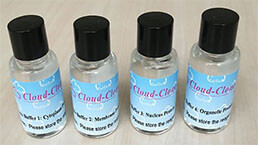 Lysis Buffer Specific for ELISA / CLIA
Lysis Buffer Specific for ELISA / CLIA
-
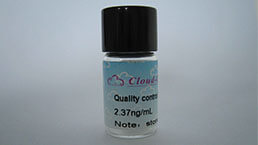 Quality Control of Kit
Quality Control of Kit
-
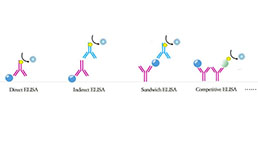 ELISA Kit Customized Service
ELISA Kit Customized Service
-
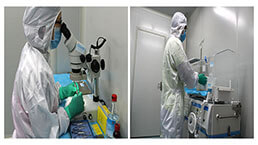 Disease Model Customized Service
Disease Model Customized Service
-
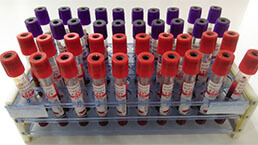 Serums Customized Service
Serums Customized Service
-
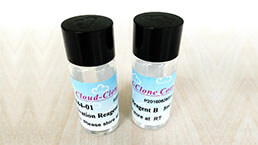 TGFB1 Activation Reagent
TGFB1 Activation Reagent
-
 Real Time PCR Experimental Service
Real Time PCR Experimental Service
-
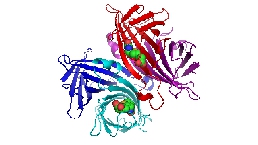 Streptavidin
Streptavidin
-
 Fast blue Protein Stain solution
Fast blue Protein Stain solution
-
 Single-component Reagents of FLIA Kit
Single-component Reagents of FLIA Kit
-
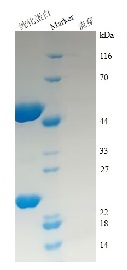 Streptavidin-Agarose Beads
Streptavidin-Agarose Beads
| Magazine | Citations |
| Clinical and Molecular Hepatology | Enhanced A-FABP expression in visceral fat: potential contributor to the progression of NASH PubMed: 23091808 |
| journal of Human Hypertension | Siesta is associated with reduced systolic blood pressure level and decreased prevalence of hypertension in older adults PubMed: 26134622 |
| genetics and molecular research | Overexpression of the A-FABP gene facilitates intermuscular fat deposition in transgenic mice PubMed: 25867423 |
| Food Chem | Cranberries (Oxycoccus quadripetalus) inhibit lipid metabolism and modulate leptin and adiponectin secretion in 3T3-L1 adipocytes PubMed: 25952883 |
| Placenta | Increased expression of fatty acid binding protein 4 in preeclamptic Placenta and its relevance to preeclampsia Pubmed:26992681 |
| Clin Chim Acta. | Valproate acid (VPA)-induced dysmetabolic function in clinical and animal studies. pubmed:28161274 |
| Oxidative Medicine and Cellular Longevity | Changes of Plasma FABP4, CRP, Leptin, and Chemerin Levels in relation to Different Dietary Patterns and Duodenal-Jejunal Omega Switch Surgery in Sprague … Pubmed:29849871 |
| Nutrition & Diabetes | Lack of pronounced changes in the expression of fatty acid handling proteins in adipose tissue and plasma of morbidly obese humans Pubmed:29335416 |
| American Journal of Cancer Research | 25-HC promotes hepatocellular carcinoma metastasis through up-regulation of TLR4 dependent FABP4 Pubmed: 31720079 |
| J Magn Reson Imaging | Water Specific MRI T1 Mapping for Evaluating Liver Inflammation Activity Grades in Rats With Methionine‐Choline‐Deficient Diet‐Induced Nonalcoholic Fatty Liver … Pubmed:35212074 |
| cells | The Effect of Mineralocorticoid Receptor 3 Antagonists on Anti-Inflammatory and Anti-Fatty Acid Transport Profile in Patients with Heart Failure Pubmed:35455943 |
| Bone Research | FABP4 secreted by M1-polarized macrophages promotes synovitis and angiogenesis to exacerbate rheumatoid arthritis Pubmed:35729106 |

